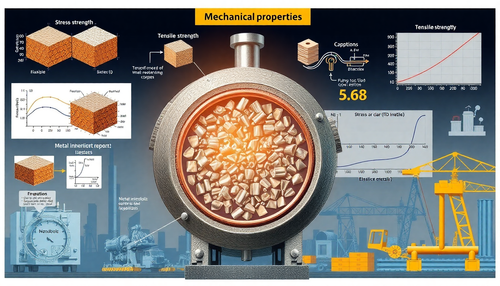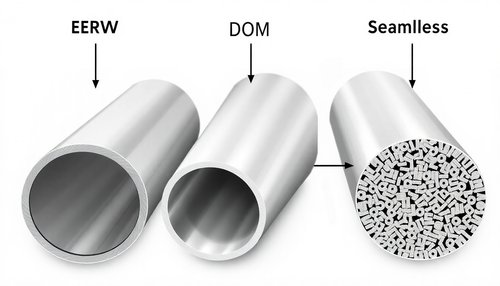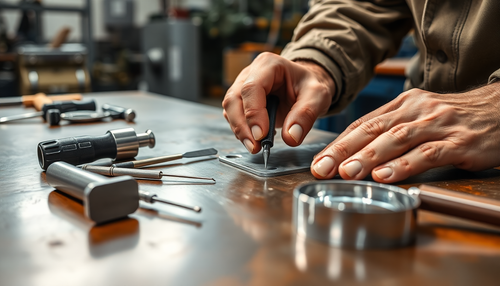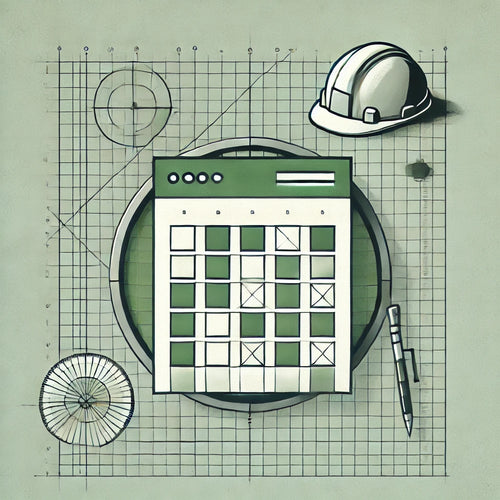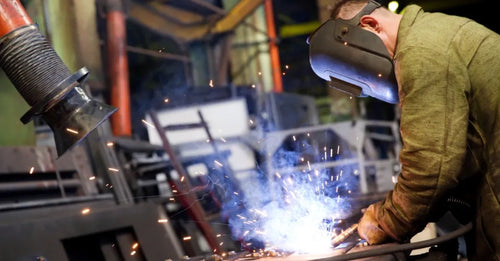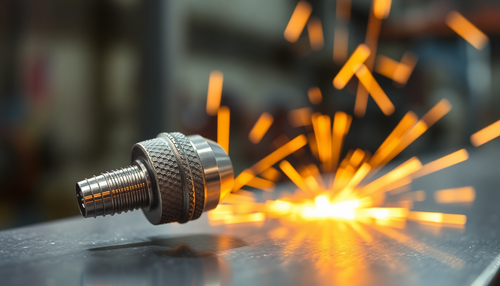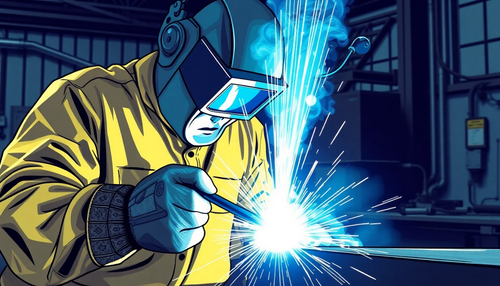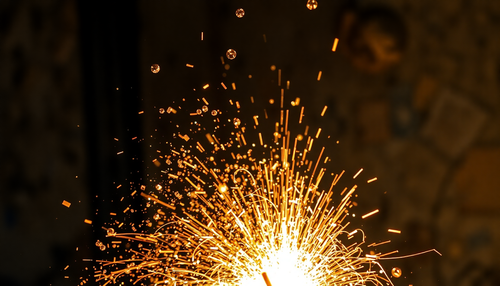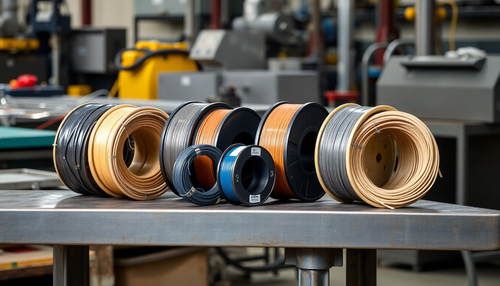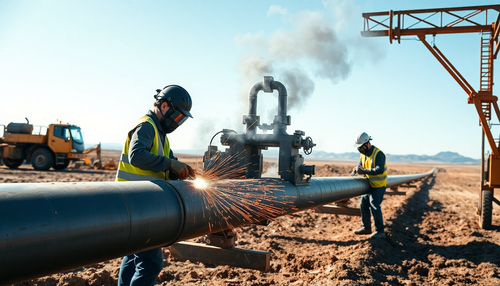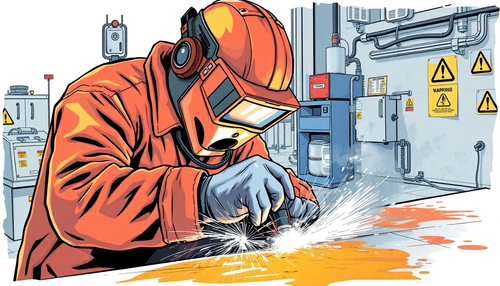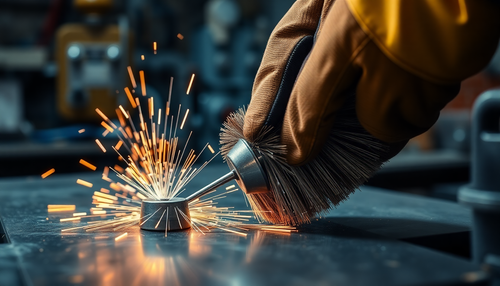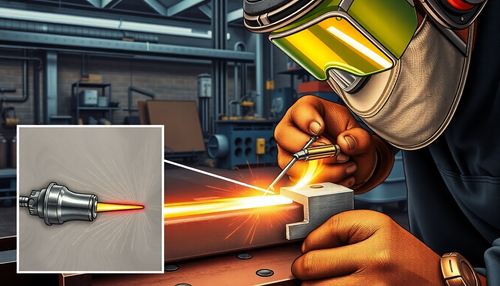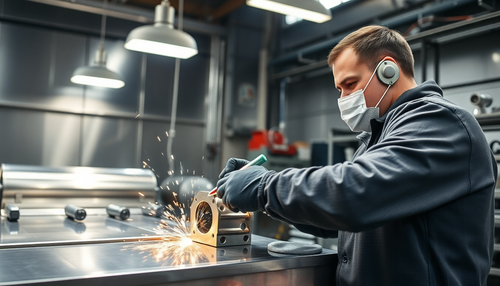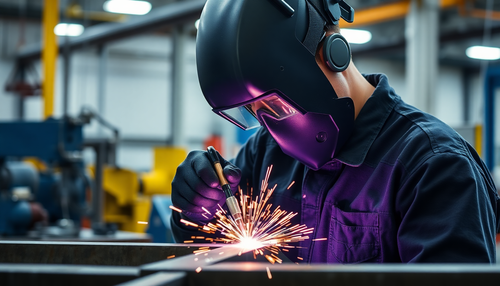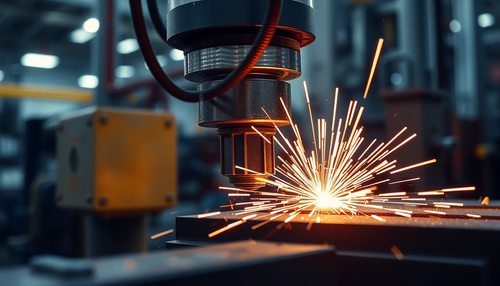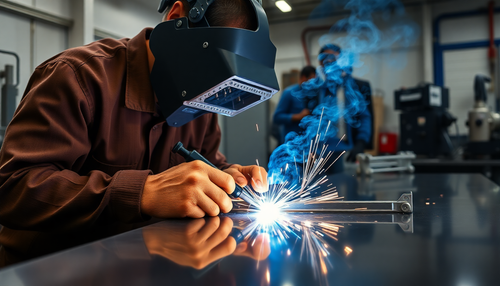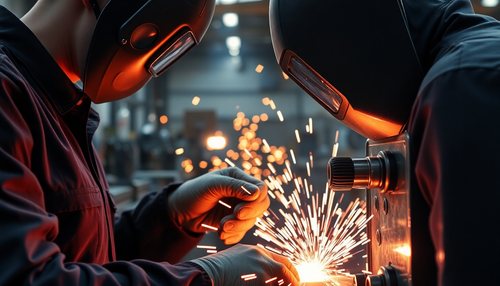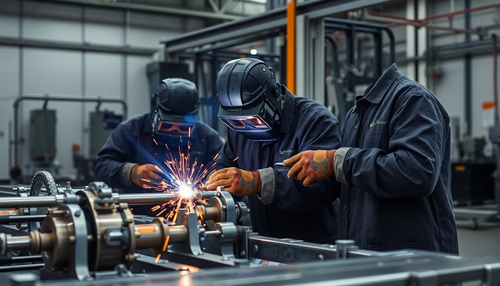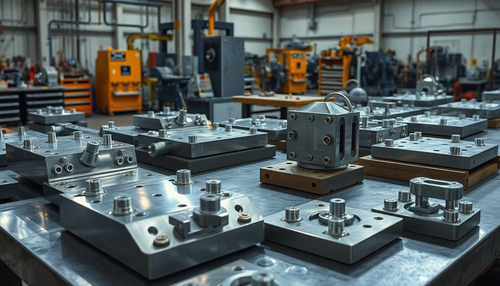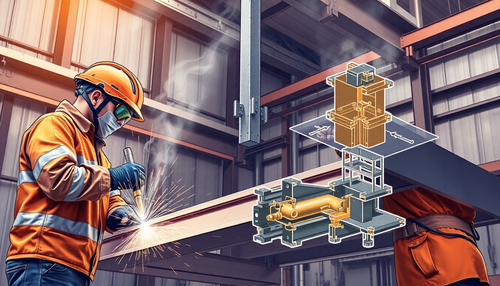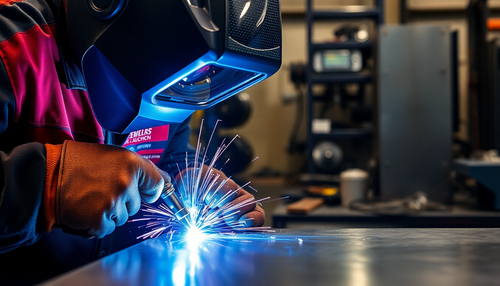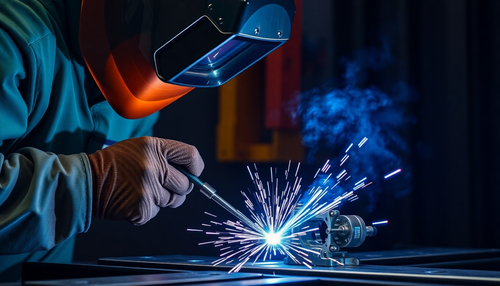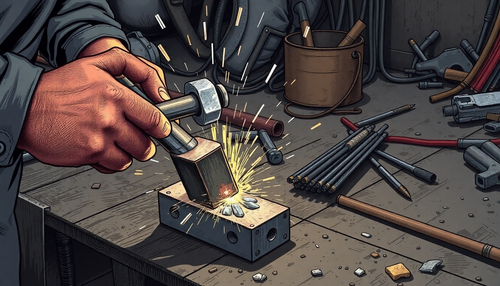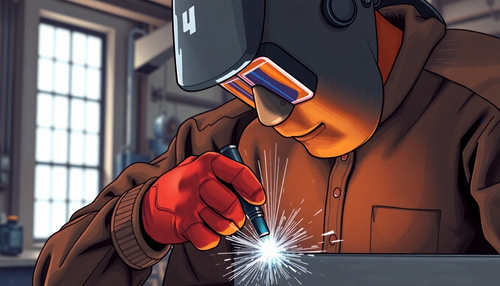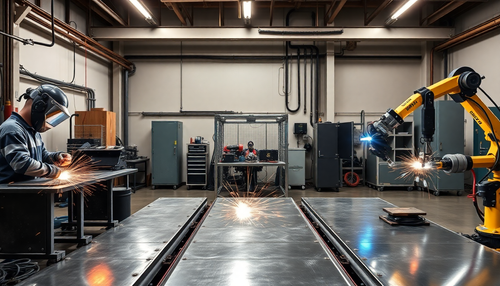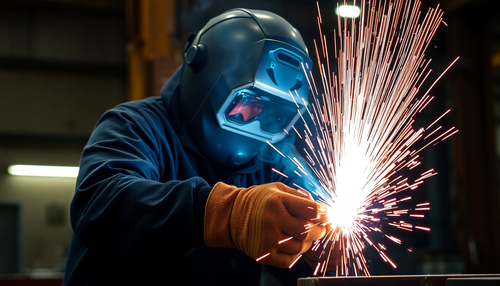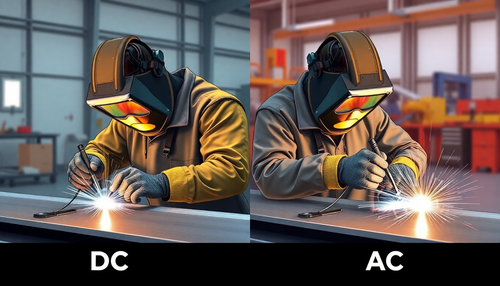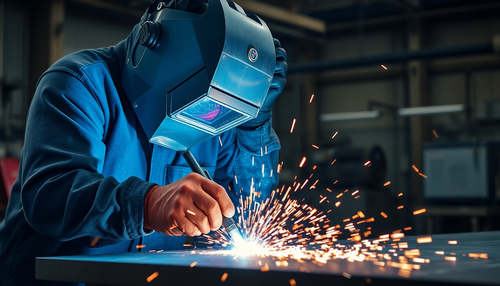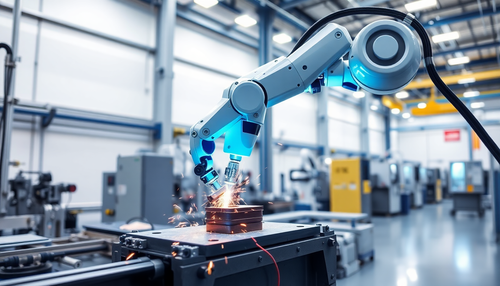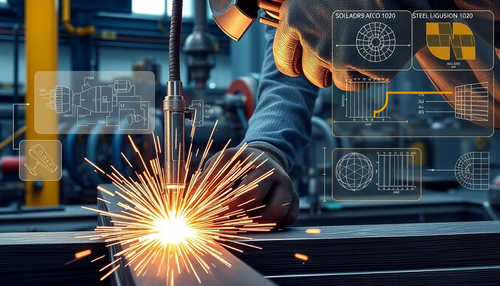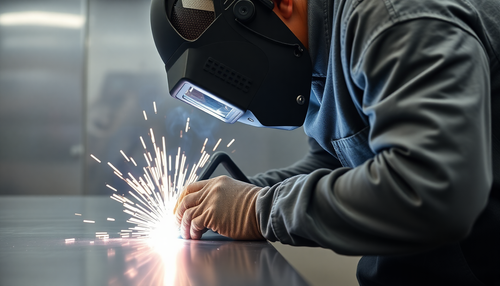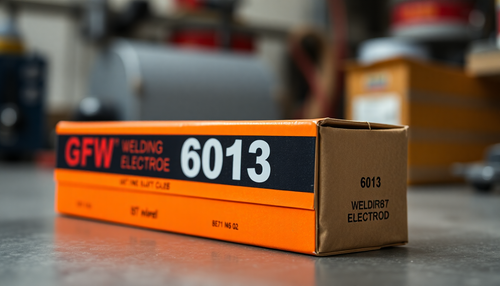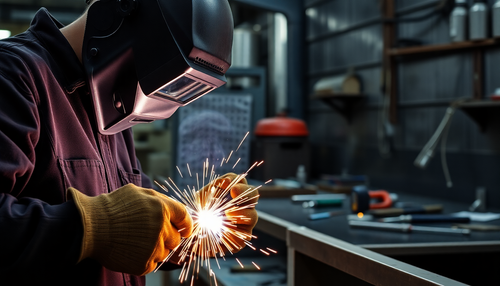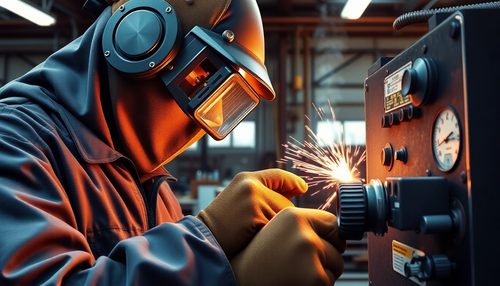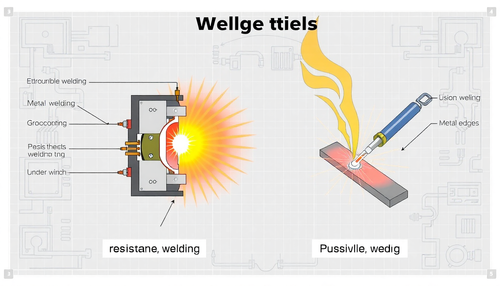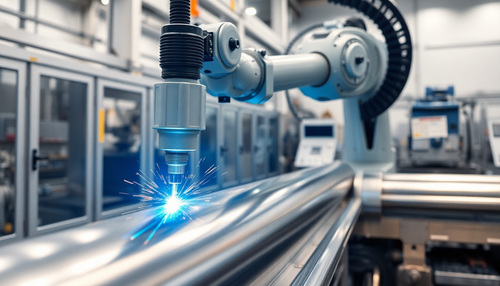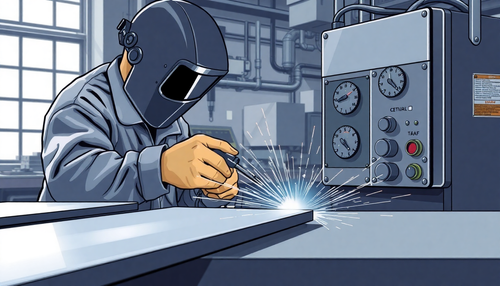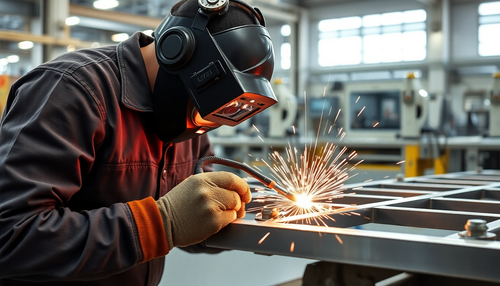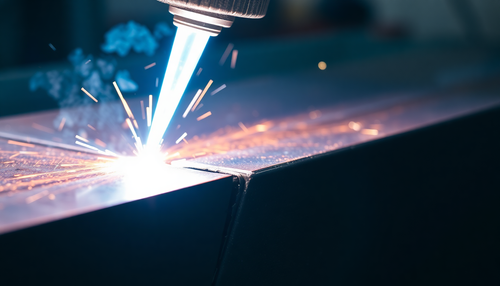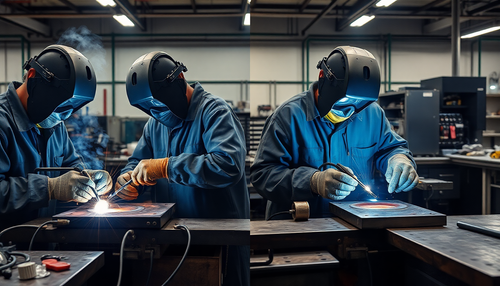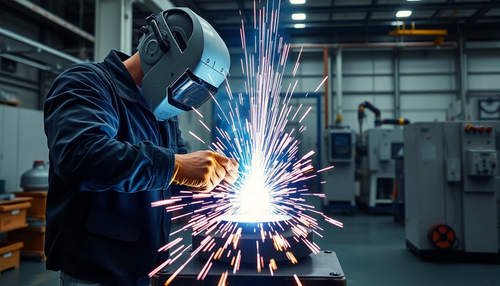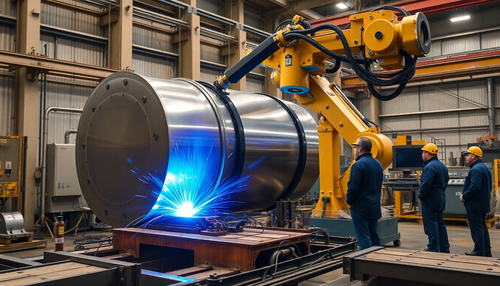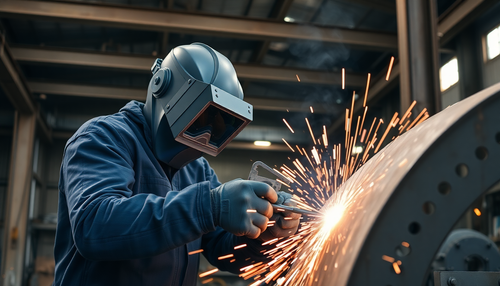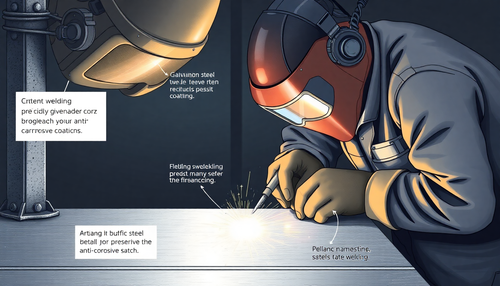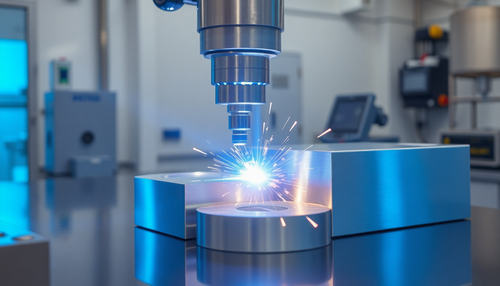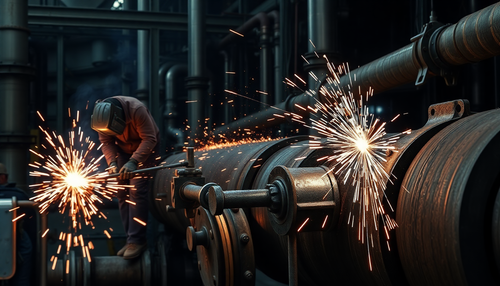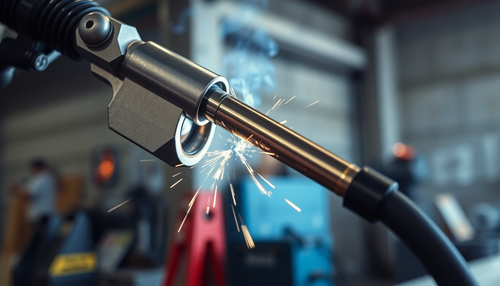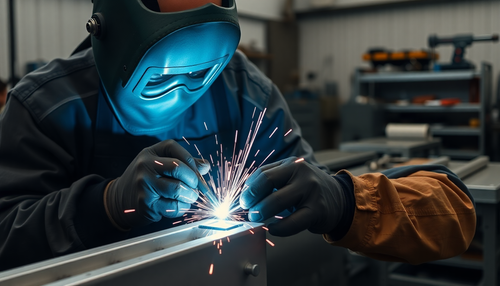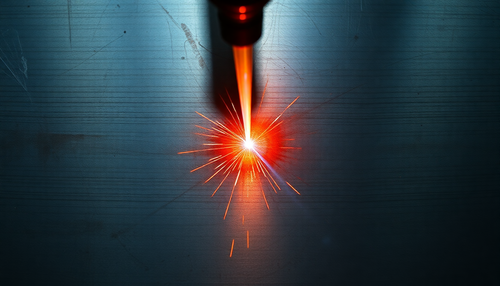
Most people think of manufacturing as a production line with automated machines that make thousands and millions of copies of the same product. However, there is also custom manufacturing that meets manufacturing needs and goes beyond simply copying and pasting standard products.
Custom production, as an innovative approach, includes processes such as designing, engineering and manufacturing products tailored to customer preferences or tastes. Examples of this often include made-to-order (BTO) parts, small batch production, one-off parts, and mass production.
In this article, we explore the importance of custom manufacturing, how it differs from mass production, and why you should choose it for production solutions.
What is custom manufacturing?
Custom manufacturing is an efficient process that product designers and engineers use to produce unique parts in smaller quantities that meet customer specifications. The process requires close collaboration with end users in product design and development. Therefore, custom manufacturing often requires a more hands-on approach and advanced knowledge.
Additionally, custom manufacturing technology revolutionizes your perspective on production and design, allowing you to combine precision with personalization. This process is often called just-in-time manufacturing because it involves producing parts at exactly the right time to meet specified delivery dates.

Differences between custom and mass produced
For most business owners, deciding between one-off manufacturing and mass production is a major challenge in product manufacturing because these approaches have different benefits and limitations.
Custom manufacturing allows you to produce products on a small scale and in a short period of time according to each customer's individual specifications. This approach is the opposite of traditional mass production, which often produces identical items in large quantities. Custom manufacturing focuses on reducing waste and equipment, as well as ensuring rapid inventory turnover.
As a branch of lean manufacturing, custom manufacturing is based on customer orders rather than traditional sales forecasts. Custom manufacturing requires your manufacturing partner to work with you every step of the way. The production process starts with a meeting where you discuss your needs. Once the partner believes they can meet these requirements, they move into the design process.
Additionally, mass production differs from custom manufacturing because it has production lines with specialized machines to produce larger quantities of products more quickly. Custom manufacturing involves operations in production areas using machine tools or equipment that allow for design variations and customizations. This is because custom manufacturing focuses on producing customized items based on customer preferences.
Why choose custom manufacturing for production solutions?
Custom manufacturing of production solutions offers a variety of benefits. This section explains several reasons why you should choose custom manufacturing.
Quality control
Custom manufacturing allows companies to control the quality of their products. This allows companies to implement adequate monitoring of production phases, including product design. Custom manufacturers use specialty materials, machining expertise, and rigorous quality controls to ensure precision at every step of the production process.

Scalability
Custom design is ideal for new products or small businesses that need to test specific products, such as electronic boxes or butterfly knives. Custom orders allow you to order the exact quantity of products you need and gradually increase the number of products as your business grows. This means you have the products you need, when you need them, and you don't have to worry about quantity.
Optimized solutions
Custom manufacturing allows companies to charge more and offer customers customized products that meet their needs, tastes and preferences. Manufacturers offer products with a high degree of flexibility with different shapes, dimensions, materials and special functions.
Custom manufacturing also ensures that parts meet the customer's individual specifications. However, customers are often forced to pay more for customized products that better meet their needs than for mass-produced products.
Excellent customer relationship
Through a series of open dialogues and personalized insights into customer needs, custom manufacturing helps strengthen customer relationships. Due to the interactive nature of the process, companies can collect relevant information about customers' different needs, wants and desired services.
Product manufacturers who maintain active customer interaction tend to meet customer needs by producing products that meet their needs and tastes. Therefore, the customer creates more value and satisfaction because your customers realize your concerns.
High flexibility and adaptability
Custom manufacturing allows organizations or companies to respond more quickly to changing consumer tastes and an unpredictable delivery environment. This enables rapid changes to product designs, raw materials and features, allowing manufacturers to respond more quickly to changing trends and consumer tastes.
Cost efficiency
Custom manufacturing involves making the necessary adjustments to adapt the manufacturing process to users' needs. This custom solution saves you money from excess inventory and inefficient production.
Furthermore, this process can guarantee efficient management of resources, avoiding unnecessary expenses with incompatible elements and materials.
Various customized manufacturing processes
The custom-made product meets specific requirements and specifications using different production processes. Below we will take a closer look at these customized processes.
Additive manufacturing
Additive manufacturing is a widely used manufacturing technology that creates complex parts by building one layer on top of another. Custom product manufacturers often use additive manufacturing techniques to create custom products. In addition to controlling the process through a CAD model, it allows fine-tuning and modification of any project.
For example, to make a molded plastic part, you would need to make a mold that serves as a master model for the product. However, these forms are often expensive and only suitable for a specific product. Additive manufacturing allows you to produce an almost unlimited amount of unique products using the same machine.
These additive manufacturing technologies include:
- Stereolithography (SLA)
- Selective laser sintering (SLS)
- Fused Deposition Modeling (FDM)
- Polyjet
- Binding blasting
- Fused layer production (FFF)
- Selective laser melting (SLM)
- Multijet Fusion (MJF)
- Direct Metal Laser Sintering (DMLS)
- Electron beam fusion (EBM)

Subtractive manufacturing
Subtractive manufacturing processes cut material from a part to create the desired shape, rather than adding material to make the product. These procedures offer several advantages, such as: B. broad material compatibility and flexibility to produce machined parts with complex geometries.
In addition to the efficiency of this process, it can produce machined parts with excellent surface quality without the need for post-processing such as polishing or grinding. Subtractive manufacturing processes, such as reaming, can create holes with smoother edges in parts than other processes.
Typical subtractive manufacturing processes include:
- CNC machining – milling, drilling, turning, milling, reaming, boring
- Electrical Discharge Machining (EDM)
- plasma cutting
- Water jet cutting
Considerations for Choosing the Right Custom Builder for Your Project
Choosing the right custom builder with the right equipment and experience to meet your project needs can be challenging. However, it would be best to work with a manufacturer who can maintain a long-term relationship with you and meet your exact specifications. Here are some helpful tips for choosing the right custom builder.
Investigate the type of products they produce
The type of products potential contract manufacturers produce is one of the crucial points you need to consider when choosing the right partner. You may only need a specific product right now. However, if you want to expand your product lines in the long term, it would be best to work with a manufacturer that can handle a wide variety of products.
Work with a manufacturer who works with a wide range of materials and has innovative tools for your project. This ensures flexibility and saves costs in the long run because you don't need to work with multiple manufacturers for different products.
Consider your brand reputation
To be on the safe side, make sure the potential custom parts manufacturer's brand has a good reputation in the industry, even if it doesn't affect your end users. Do your research and read reviews from previous and returning customers. It prevents unwanted complications by providing insights into production quality and customer service.
Additionally, make sure they comply with industry standards, especially labor and environmental regulations.

Evaluate craftsmanship and material quality
No matter how remarkable the marketing strategies may seem, none of it will matter if your potential contract manufacturer's materials and workmanship are of poor quality. Therefore, carefully examine the samples and compare them with industry standards. Make sure materials are of the highest quality and specifications match product designs.
Pricing
While custom manufacturing offers the opportunity to reduce upfront costs, ultimately your customers will be responsible for your expenses. Therefore, when choosing a custom manufacturer, you need to consider the product's target prices and brand position. Make sure the prices you receive are in line with your expected profit margin and that minimum order quantities (MOQs) are not excessively high.
Waiting time
Shipping time is another critical factor when looking for a custom manufacturer because it determines how long your potential partner will take to manufacture and ship your orders. Furthermore, you prefer a manufacturer that can guarantee the desired delivery times without compromising product quality.

Which typical industries require custom manufacturing?
Custom manufacturing offers innovative solutions such as unique, customized products that meet customer needs across multiple industries, including:
Military
The military sector uses custom manufacturing to produce specialized equipment, vehicles, weapons, communications systems, and other defense technologies that meet the military's specific needs.
Aerospace Components
Aerospace manufacturers use custom manufacturing to produce precision-engineered parts for spacecraft, satellites, aircraft, and other systems. Additionally, turbine blades, propulsion systems, avionics, and structural elements are typical aerospace components manufactured through custom manufacturing.
electronics
In the electronics industry, custom manufacturing is crucial to produce special circuit boards, sensors, semiconductor components and other electronic devices according to customer needs.
Medical apparatus
Manufacturers rely on custom manufacturing to produce specialized medical devices and instruments in the healthcare or medical field. It is also a reliable technique for producing specific orthopedic implants and prosthetics tailored to the patient's individual needs.
Auto Industry
Automakers use custom manufacturing to produce various vehicle components and systems, including chassis parts, engines, transmissions, electronic components, and interior trim.
Your trusted partner for custom manufacturing – WayKen

Concluding
Custom manufacturing is a reliable way to obtain custom parts for your business. It offers numerous benefits, including better quality control, more customization options and optimized production, which can increase sales and provide a competitive advantage.
Common questions
What types of personalized products are there?
Prototyping and production are the two categories of custom manufacturing. Prototype or model manufacturing is the process of producing a model or sample to test, analyze and modify it to perfectly suit your purpose. Mass production, on the other hand, involves producing large quantities of a product for commercial purposes.
What are common challenges in custom manufacturing?
Custom manufacturing can be time-consuming as you need to source appropriate materials, work with a reputable manufacturer, and work with them to deliver on time. Custom production also requires highly skilled and versatile experts to meet different production requirements.
Is one-off production better than mass production?
Both approaches offer different advantages and disadvantages. The approach best suited to your project depends on factors such as product complexity, flexibility, delivery time, cost and economies of scale.


